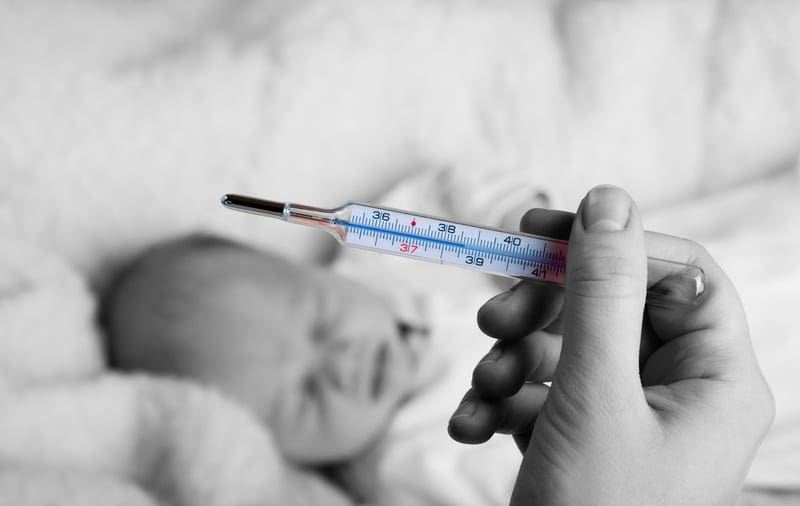Expectant and non-expectant mothers usually get anxious due to either too much excitement or paranoia when they start to experience some early pregnancy signs. They would then rush to take a home pregnancy test for confirmation. But are early pregnancy tests really accurate?
The accuracy level of home pregnancy tests varies. HPTs measure the presence of pregnancy hormones, also known as HCG, in a woman’s urine. HCG is a hormone secreted by the placenta after fertilization has occurred. Most home pregnancy kit manufacturers and doctors recommend taking an HPT on the first day of your missed period. However, there are a few pregnancy tests that are more sensitive and can detect pregnancy during its early stages.
The EPT pregnancy test is said to be one of the most accurate and error-proof kits on the market. They offer two types of tests – the Certainty Digital Home Pregnancy Test and the EPT +/- Home Pregnancy Test Kit. The Certainty EPT pregnancy test is said to offer unbeatable results. It uses a digital readout that makes it easy to use and interpret. Unlike other HPTs, the Certainty kit can be taken at any time of the day and is guaranteed to offer 99% accuracy when taken on the first day of your missed period.
The EPT pregnancy test is easy to use and only requires four steps. First, remove the cap and insert the test strip into the holder. Second, place the absorbent tip under your urine stream or in a cup of fresh urine for five to seven seconds. Third, wait for three minutes until your digital results are displayed.
There are two types of EPT pregnancy kits: the EPT +/- HPT and the EPT + only. The former is 99% accurate and should be taken on the first day of your missed period, while the latter is 97% accurate and should be taken three days after your missed period.
To use the EPT +/- HPT, simply remove the cap and place the absorbent tip in a cup of urine for five to seven seconds. Then wait for two minutes until the results are displayed.
Meanwhile, to use the EPT + only, remove the cap and place the absorbent tip in a cup of urine for 10 seconds. Then wait for three minutes until the results are displayed.
If your EPT pregnancy test shows that you are pregnant, it is important to see your doctor as soon as possible. EPTs are generally accurate, so a positive result is likely to be correct, while a negative result is also likely to be correct. However, most doctors will still run another pregnancy test using your blood as a specimen to get a second confirmation.
While pregnancy tests are often accurate, there are other factors that can affect the reliability of home pregnancy tests (HPTs). Medication and fertility treatments can lead to false-positive results, for example. This is why it’s always best to consult with your doctor, who will be able to give you the best prenatal care specific to your needs and wants. Your doctor can advise you on things like what vitamins to take, what food to eat, and any other concerns you may have related to your pregnancy.
If you’re planning on taking a home pregnancy test, either with a typical home pregnancy kit or with an EPT kit, the most accurate pregnancy test will always be at your doctor’s office. Pregnancy tests are usually accurate, but it’s always best to check with your doctor to be sure.











